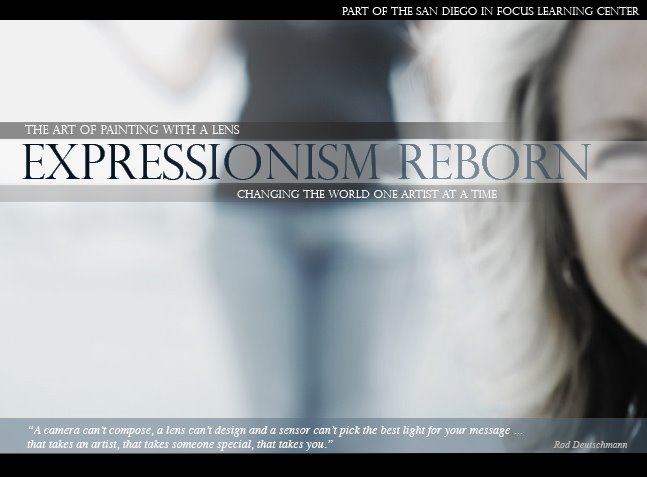Knowing the Difference:
There is a fundamental difference between photographer and artist, between taking a photograph and creating a message. The latter requires forethought and purpose, a sense of self and an undeniable need to communicate — taking a picture simply requires a camera. One is an inward journey that explores the human condition, the other rides the wave of technology and offers a quick look at where we were as a species. Both use the same tools but the results are as varied as the people shooting them.
The truth: A good artist can easily be a photographer but being a good photographer doesn’t necessarily make you an artist.
Examining Motivations.
We either record or we create; there are no other reasons to pick up a camera. When we react to stimuli and document we try to be faithful to what’s in front of us. As we create a message or explore a vision we try to be faithful to our ideas and concepts. An understanding of your true motivation can lend reason to the techniques chosen and options employed. Know what you want to shoot and why — before you raise your camera.
Moving away from auto
A camera can’t auto-focus on an idea, an emotion or a feeling. And it certainly can’t pick the correct color, contrast or saturation setting either. Begin your journey to artistic freedom by turning off some faithful standbys — which have done nothing up until now but get in your way.
Auto focus (turn it off). How can a machine know what you want to say? Every time you use auto-focus, you are mistakenly reminded that photography is about subjects and THAT'S JUST NOT TRUE! It's about creating a message, sharing a thought.
An artist chooses a depth-of-field that best illustrates his intent. He chooses his aperture based on a desired outcome — it's not a random thing. Don't you see, this is why no one understands the basics. If you use auto focus then you'll never focus on what's truly important — learning depth of field. There are reasons we choose apertures and shutter speeds. This stuff is important. Being in auto focus stops you from worrying about it — which means you won't care about it. WHICH MEANS YOU WONT LEARN IT!
Please, stop falling for the hype. Manual focus isn't hard — learning how to control depth-of-field isn't difficult and image stabilization isn't needed. Long before auto-anything our images were clear, our messages spoke loudly. Just because something is easy — doesn't make it right. You are hurting yourself.
They've already stripped your lenses of important DOF information, Nikon has even worked up the nerve to remove the depth-of-field preview buttons from some of their smaller camera's — please don't lose track of depth-of-field. It's one of the most important choices we as artists can make.
Auto White Balance(turn it off). How can a machine know what color you want in your message. Isn't this part of what makes your message unique — what makes it yours? Of course it is. Choose your own white balance. Learn how to adjust the color temperature in your camera and simply make up your mind ... do you want more blue or do you want more red.
Auto Contrast/Saturation (turn it off). Take some responsibility for how your image feels. These settings are what gives your image its underlying feeling. Choose your own for goodness sake and do it when you're most in touch with those emotions ... not days later sitting in front of a computer, drinking a soda and worrying about what filter you should use next in Photoshop.
Take the time to learn about what your camera offers — you'll be shocked in what you and it can do.
Building a 'dramatic' flash image indoors
-
*Sometimes it's the easiest of pictures that give us the hardest of times.*
*Take the above photo of Robin for instance. At first glance it seems a
very s...
14 years ago


No comments:
Post a Comment